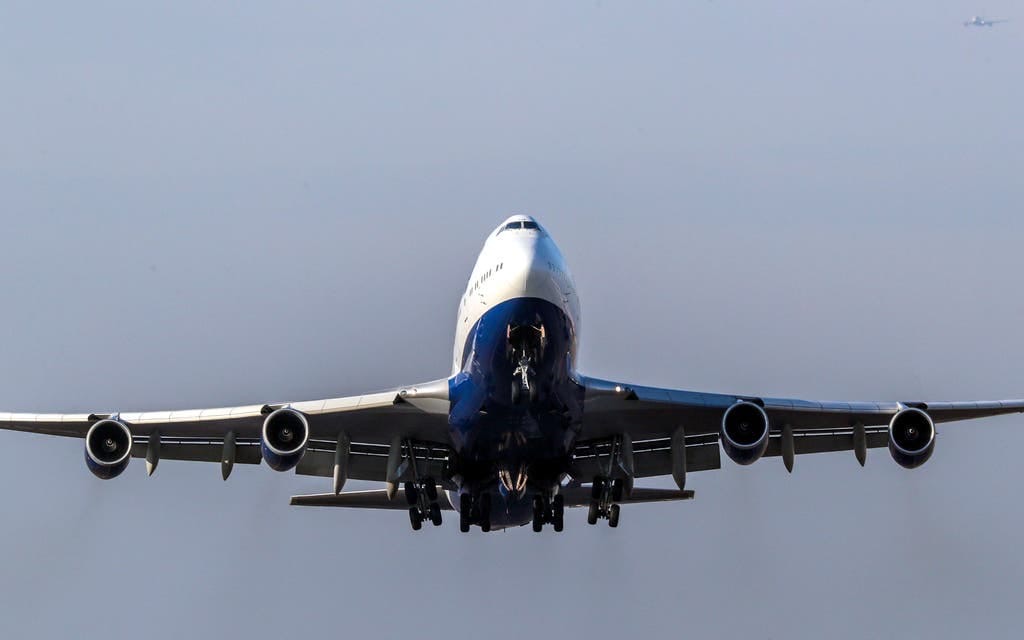The International Air Transport Association (IATA) has said that African airlines recorded a 10.6 per cent year-on-year demand growth for air cargo in April.
IATA made this known in its April global air cargo market released data for April, posted on the association’s website on Wednesday.
It revealed that the demand on the Africa–Asia market increased by 25.8 per cent compared to April 2023.
“April capacity increased by 18.7 per cent year-on-year,” it said.
The data showed the global air cargo markets having a strong annual growth in demand into the second quarter (Q2) of the year.
Specifically, in April year-on-year, Africa recorded 2.0 per cent world share; 10.6 per cent CTK; 18.7 per cent ACTK; -3.1 per cent Cargo Load Factor (CLF) point and 42.9 per cent CLF level.
Globally, the total demand, measured in cargo tonne-kilometers (CTKs), rose by 11.1 per cent compared to April 2023 levels (11.6 per cent for international operations), making it the fifth consecutive month of double-digit year-on-year growth.
It indicates that the capacity, measured in available cargo tonne-kilometers (ACTKs), increased by 7.1 per cent compared to April 2023 (10.2 per cent for international operations).
Mr Willie Walsh, IATA’s Director-General said, : “Air cargo demand started Q2 with a solid 11.1 per cent increase.
“While many economic uncertainties remain, it appears that the roots of air cargo’s strong performance are deepening.
“In recent months, air cargo demand grew even when the Purchasing Managers Index (PMI) was indicating the potential for contraction.
“With the PMI now indicating growth, the prospects for continued strong demand are even more robust.”
Walsh also highlighted several factors in the operating environment.
He said that in April, the PMIs for global manufacturing output and new export orders turned positive (51.5 and 50.5 respectively). making it the first time in two years that the new export orders PMI had been in growth territory.
Also, industrial production increased by 1.6 per cent in March year-on-year, while global cross-border trade contracted by 0.8 per cent.
The data also indicates that inflation remained relatively stable across the US, EU, and Japan in April, with rates at 3.4 per cent, 2.6 per cent and 2.5 per cent, respectively.
China reported a 0.2 per cent increase in consumer prices year-on-year, a positive signal amid concerns over China’s economic slowdown.




























